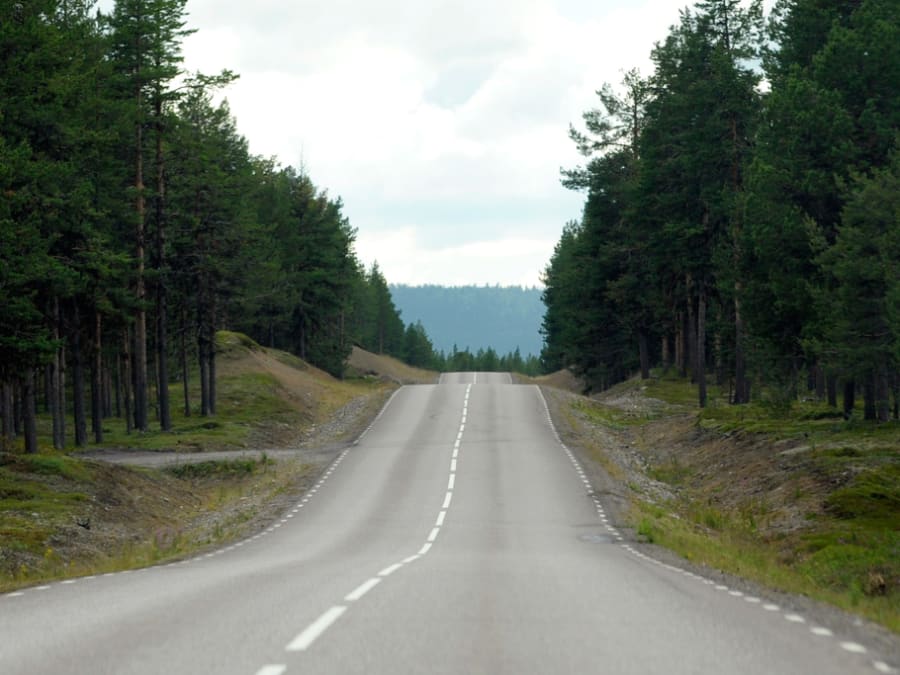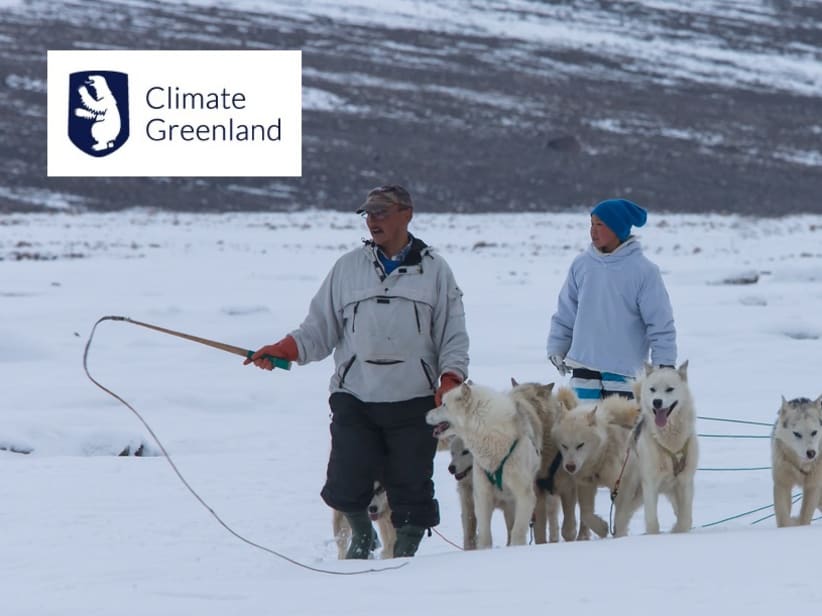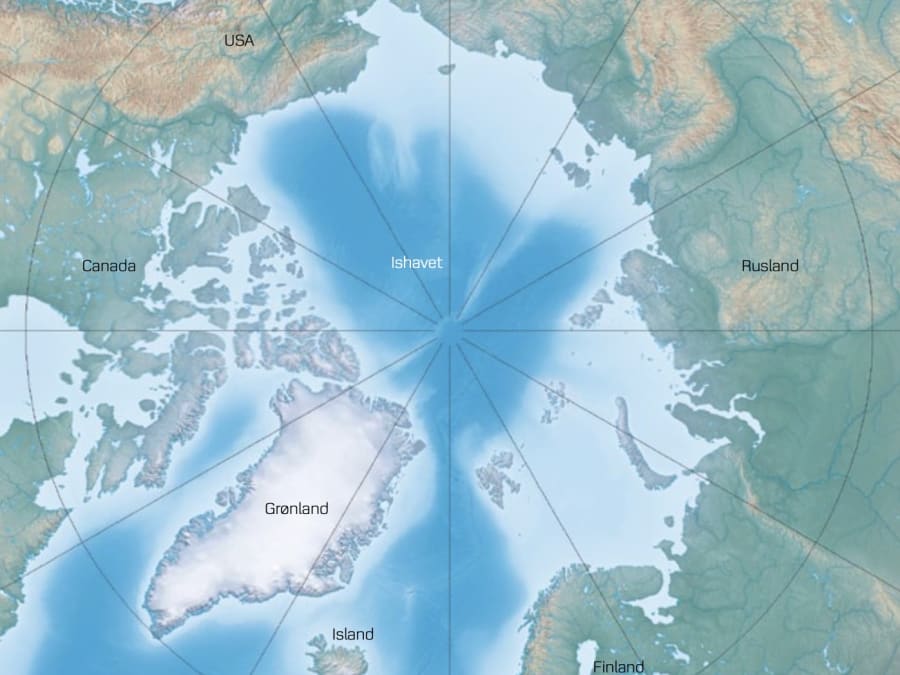Climate change is a real and undeniable threat to our entire civilization. The goal is about resilience and adaptability to a changing climate. National policies must incorporate measures against climate change, and knowledge must be shared in order to counter climate change.
Climate change is one of the greatest threats of our time on a global scale. We both see and feel the changes in this country when the temperature rises, the distribution of sea ice decreases and precipitation conditions change. In Greenland and the entire Arctic region, the rise in temperature is more than twice as fast as the global average. Year after year, new record measurements are set, and for example, the annual air temperature in the Arctic was higher in the years from 2014 to 2018 than any previous year since observations began in 1900. From 1971 to 2018, the air temperature in the Arctic has increased by 3.1 and 1, respectively. 8 degrees in the winter and summer period.
The Inland ice is melting rapidly and is one of the largest contributors to global sea level rise, which will particularly affect the low-lying Pacific islands. Climate change will change the conditions of Arctic nature and challenge our living resources. The changes can have a major impact on marine life, and several of our known species will move north and be forced into their previous habitat. This creates significant challenges for the many Greenlandic industries that are closely linked to the utilization of the country's living resources.
Climate change is a real and undeniable threat to our entire civilization. The effects are already visible and will be catastrophic unless we act now. Through education, innovation and adherence to our climate commitments, we can make the necessary changes to protect the planet. These changes also provide huge opportunities to modernize our infrastructure which will create new jobs and promote greater prosperity across the globe.








